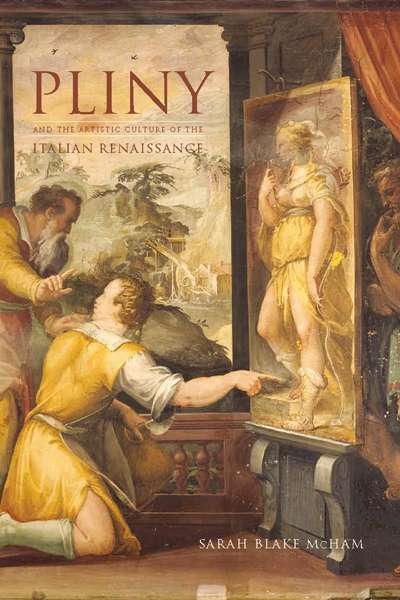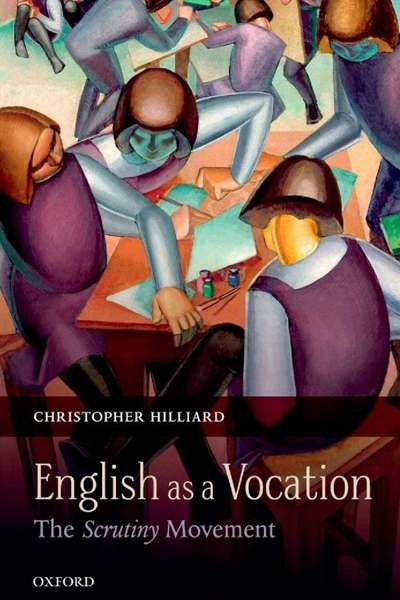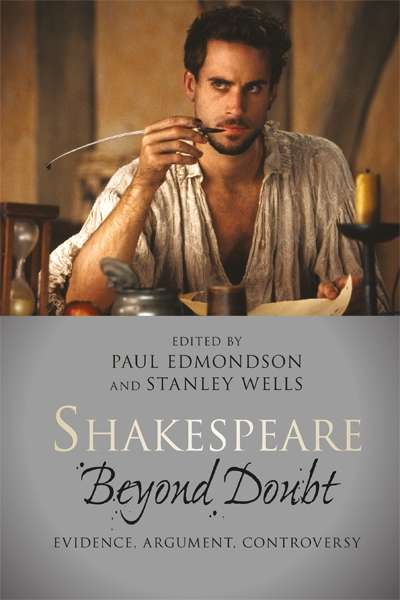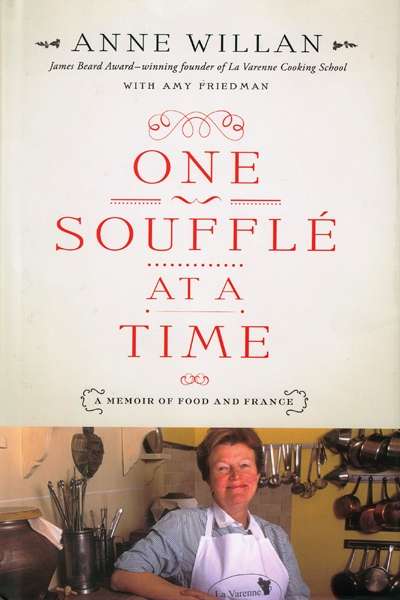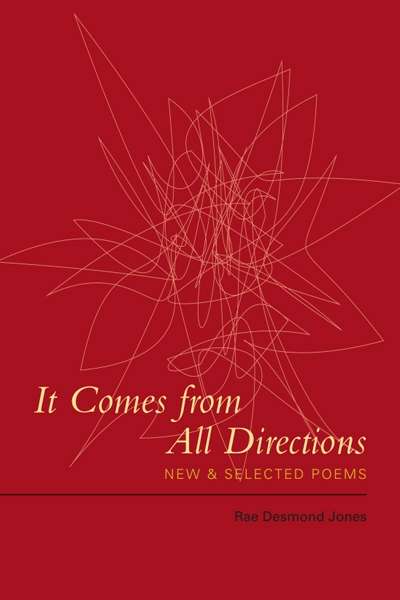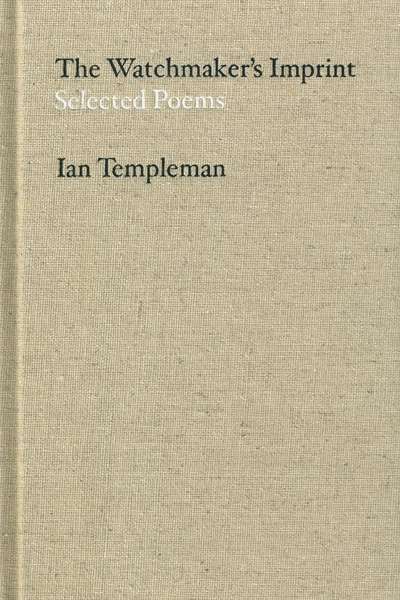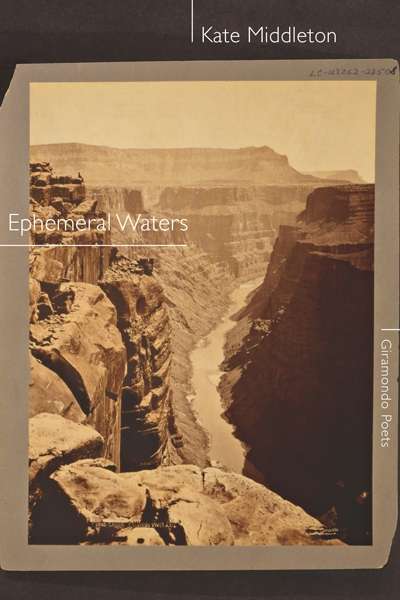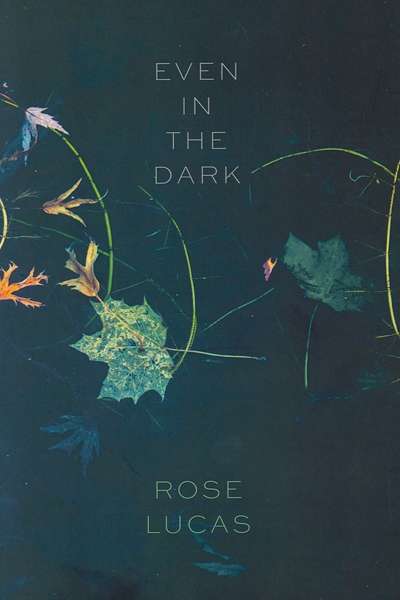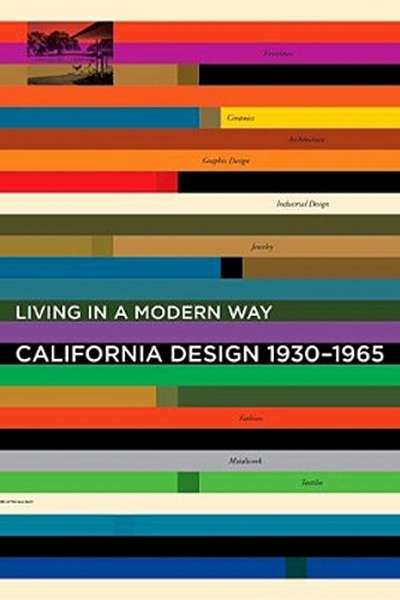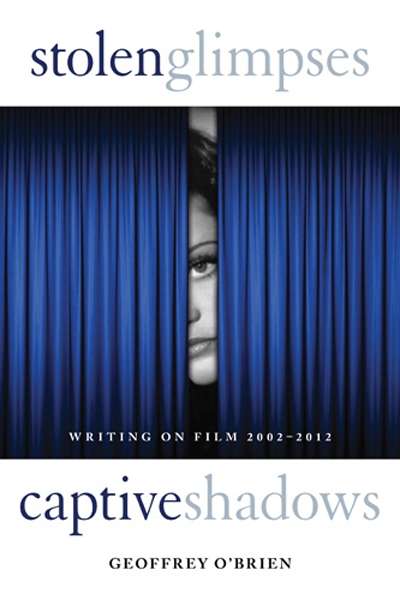Non Fiction
Pliny and the Artistic Culture of the Italian Renaissance: The legacy of the 'Natural History' by Sarah Blake McHam
When the intellectuals, writers, and artists of the Renaissance sought a theoretical basis for the new styles they were developing – at a time when the new meant all’antica and the term modern was still coloured by associations with the Middle Ages – they found that ancient sources were relatively abundant in some areas and scarce or non-existent in others. Poets could find inspiration in Horace’s Ars Poetica, and later in Aristotle’s Poetics. And there was a wealth of material on rhetoric – Aristotle, Cicero, Quintilian, Tacitus – in fact an abundance out of all proportion to the practice of the art in an age when public speaking was represented by sermons and university lectures rather than by the deliberative and forensic oratory that were the lifeblood of Greece and Rome.
... (read more)English as a Vocation: The Scrutiny movement by Christopher Hilliard
Christopher Hilliard’s meticulously researched and richly detailed English as a Vocation: The Scrutiny Movement opens with a historical anecdote regarding an after-hours, postwar negotiation ‘between literary analysis and popular culture’ undertaken in that most evocative of English holiday destinations: Scarborough. In these opening lines, Hilliard describes how the founder and director of Birmingham University’s renowned Centre of Cultural Studies, Richard Hoggart, working in an earlier capacity as an adult education tutor in North Yorkshire, spent his evenings in the late 1940s combining classes on Shakespeare with sessions scrutinising advertising rhetoric and the language of newspaper articles.
... (read more)Shakespeare Beyond Doubt: Evidence, argument, controversy edited by Paul Edmondson and Stanley Wells
It was not until the middle years of the nineteenth century, so far as we can tell, that anyone seriously doubted that the man from Stratford-upon-Avon called William Shakespeare had written the plays that for the past two and a half centuries had passed without question under his name. In the early 1850s, however, a private scholar from Connecticut named Delia Bacon began to develop an alternative view. She believed that the plays had been composed not by Shakespeare but by a syndicate of writers headed probably by Francis Bacon, whom she later came to think of as her distant ancestor.
... (read more)One Soufflé at a Time: A Memoir of food and France by Anne Willan
Not everyone’s father sends his daughter a brace of pheasants while she is studying economics at Cambridge. With a choice of two gas rings on which to cook them, Anne Willan eviscerated and plucked the birds, then used one gas ring to cook a pheasant casserole and the other to make a caramel custard that she ‘steamed over a galvanised tin laundry bucket’. She was, I’d guess, nineteen.
... (read more)It Comes From All Directions by Rae Desmond Jones
There aren’t any Australian poets quite like Rae Desmond Jones, whose distinctive, unusual, and sometimes unsettling voice has been an important, though undervalued, force in Australian poetry since the early 1970s.
... (read more)The Watchmaker's Imprint: Selected Poems by Ian Templeman
The last page of Ian Templeman’s Selected Poems asks us to imagine that ‘every touch / expressing affection, left a handprint / on the heart’ that scientists could later ‘analyse, / to trace a profile of love’. Templeman envisages retired scholars who would prefer to find these traces ‘above a life of research texts’. The poem is titled ‘Night Journey’ and the scholars are ‘Approaching the dark’. It establishes the scale of values by which Templeman assesses ‘life’s puzzle’, and he is surely right: intimacy, personal relationships, the links between the generations are in the end what really matter to us, above learning, knowledge, adventure, professional achievements, and ‘research texts’. The gentleness of this poem is characteristic, and it possesses added poignancy in this Selected because of circumstance. Templeman himself is seriously ill, and the selection has been made by fellow poets Paul Hetherington and Penelope Layland. The book, explicitly ‘a gift to the author’, includes a generous introduction and is superbly produced. It is as beautiful-looking a poetry book as I have ever seen, appropriate for a poet who has been deeply involved with the visual arts.
... (read more)‘As if cuffed by the ear, the Colorado river pulled me onward.’ The current that seized Kate Middleton can be felt throughout Ephemeral Waters, as she takes us from the headwaters of the Colorado, through the Grand Canyon, over the Hoover Dam, until the great river, all its water plundered along the way, expires a hundred miles from the sea. The fate that the ‘mighty Murray’ has barely avoided is accepted for the Colorado, with a few crocodile tears, because all the water stays in the United States, while the dried up ex-river is in Mexico.
... (read more)William Carlos Williams once famously stated, ‘No ideas but in things’, about his poetic method. Rose Lucas, in her first poetry collection, Even in the Dark, takes up the imagist movement’s poetic style but ‘makes it new’ in her examination of the role of the poet in both the local environment and abroad. Her observant and mimetic style shimmers in a collage of confronting still-life portraits. In the opening poem, ‘Heat Wave, Melbourne’, the death of a possum – ‘her young / still alive in the pouch, / squirm and cling / to the dead fur / to each other’ – is juxtaposed with a tragic Darcey-esque West Gate Bridge moment when a father ‘unbuckles his small child / from the back seat / and / then / in the rush / hot / as she falls / through sky and / slick of water –’.
... (read more)Living in a Modern Way: California Design 1930–1965 edited by Wendy Kaplan
Living in a Modern Way:California Design 1930–1965 is the catalogue accompanying an exhibition of the same name at the Los Angeles County Museum of Art in 2011–12. The exhibition is now showing at Queensland’s Gallery of Modern Art, after a stint in Seoul.
... (read more)Stolen Glimpses, Captive Shadows: Writing on Film 2002–2012 by Geoffrey O'Brien
As film critics go, Geoffrey O’Brien is a lover, not a fighter: unconcerned with starting quarrels or settling scores, he simply aims to share his pleasure in what he has seen. Perhaps his remarkably good temper stems from the fact that he is not a full-time critic, but an example of that nearly extinct species, the all-round man of letters. He is editor-in-chief of the Library Of America series, and oversaw the latest edition of Bartlett’s Familiar Quotations; he has published six collections of poetry, along with books on pop music, hard-boiled fiction, and the history of Times Square.
... (read more)

